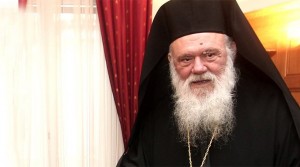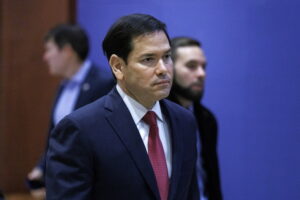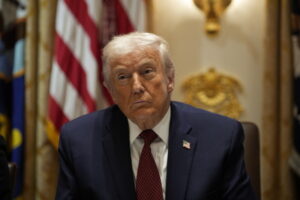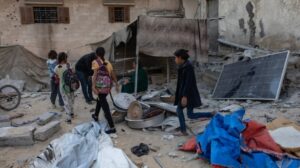The head of the Greek Orthodox Church, Archbishop of Athens, Ieronymos gave an interview to Skai TV, where he dubbed Education Minister Nikos Filis “a problematic person”.
During the interview, Ieronymos touched on the controversial matter of the erection of an Islamic mosque in Athens, expressing the view that it could have been postponed until the fate of the Muslims in Greece had been decided. “Will they (Muslims) stay here? Are they eligible to stay? If they are in transit what is the point in the Mosque?”, he wondered. Ieronymos warned of the dangers associated with the Mosque, expressing his reservation about who would be in charge of the Mosque, the Shiites or Sunnis, while he cautioned the animosity between the two strains of Islam in Syria and the Middle East could surface in Greece. “I fear that since the Muslims cannot integrate into a society we might have to move towards them”, he said.
Commenting on his open disputes with Education Minister Nikos Filis, he called him “inconsistent”, claiming he “spoke differently during the day and said other things at night”. “His words and actions are inconsistent”, he underlined. The head of the Church defended his stance against the Greek government in the recent fallout, saying there could be no separation at this point. “For them (state) people are citizens, for us they are faithful”, Ieronymos remarked. He went on to assert that anyone who did not see that the Orthodox faith and the national identity of Greece were under attack were living in the “dark”. “The danger to our faith, our Orthodoxy, our family, history and the de-Hellenisation was visible clear now”, he warned. Ieronymos claimed Greek PM Alexis Tsipras had informed him that the government would not touch the religious studies in education, which is at the centre of contention with Filis.
Responding to a question about the Church’s large property, and the fact that state was paying the wages of clerics, Ieronymos claimed it was a complex matter, proposed the state provide the Church a subsidy in exchange for its lands ands property, but added that with nearly 1,000 legal entities under the Church’s control, this would be virtually impossible to do. “Is the Greek state in a position to do that?”, he asked.
Ask me anything
Explore related questions





